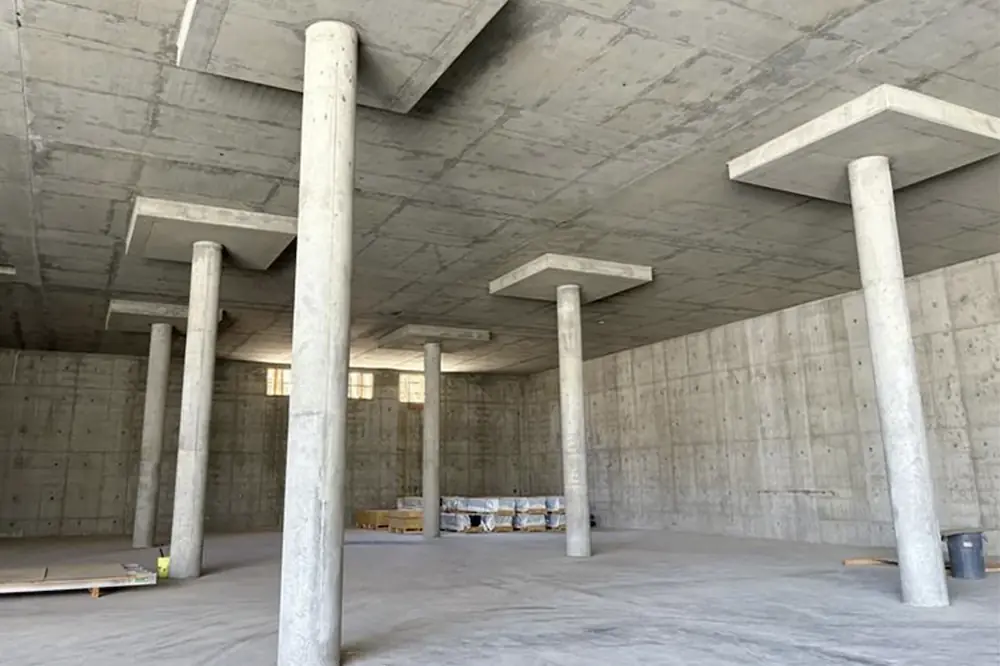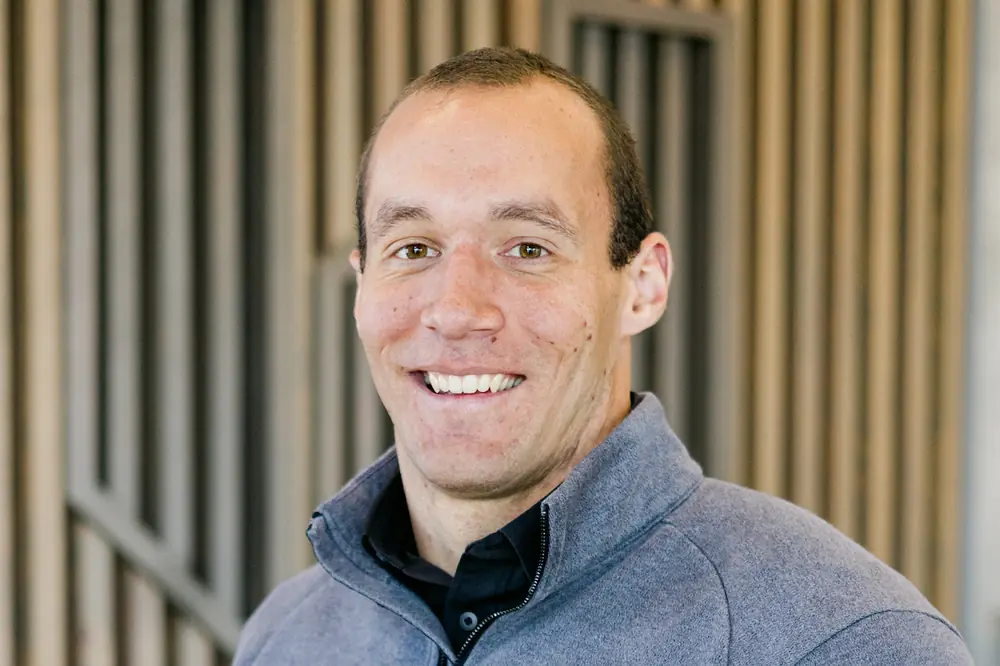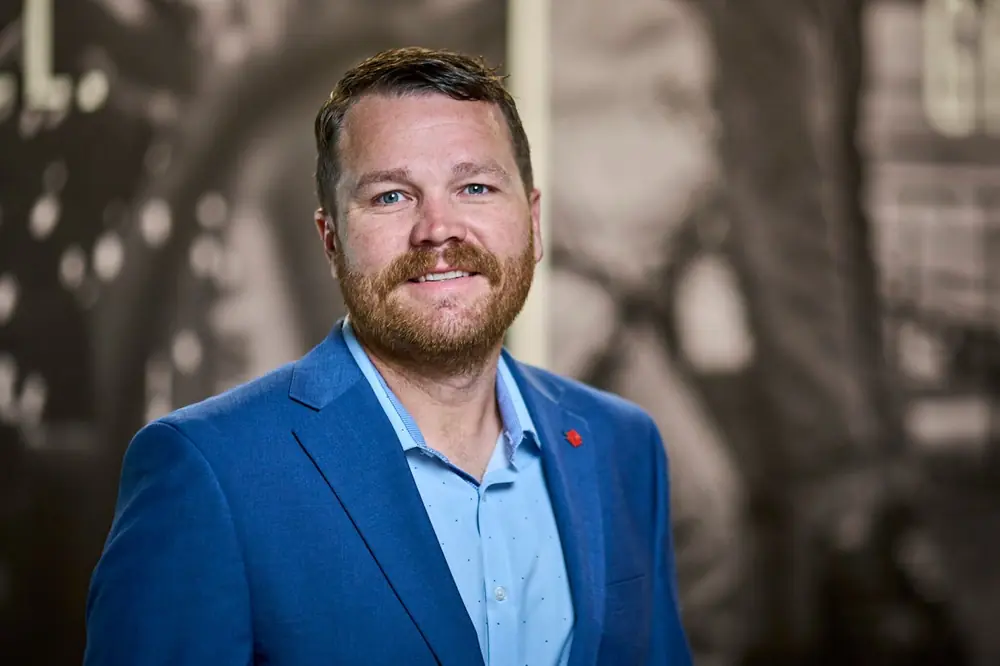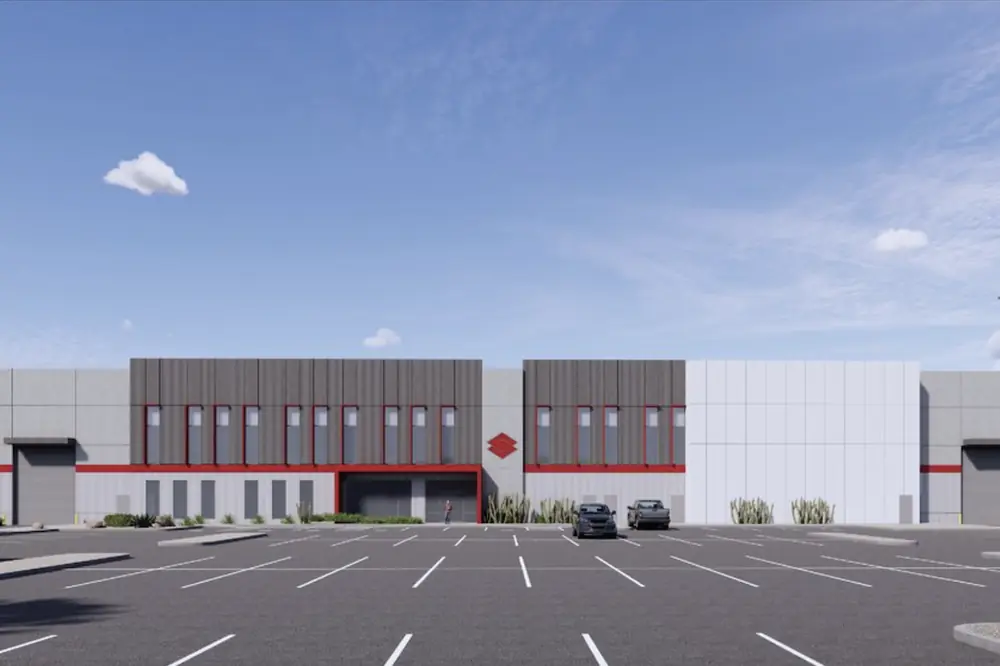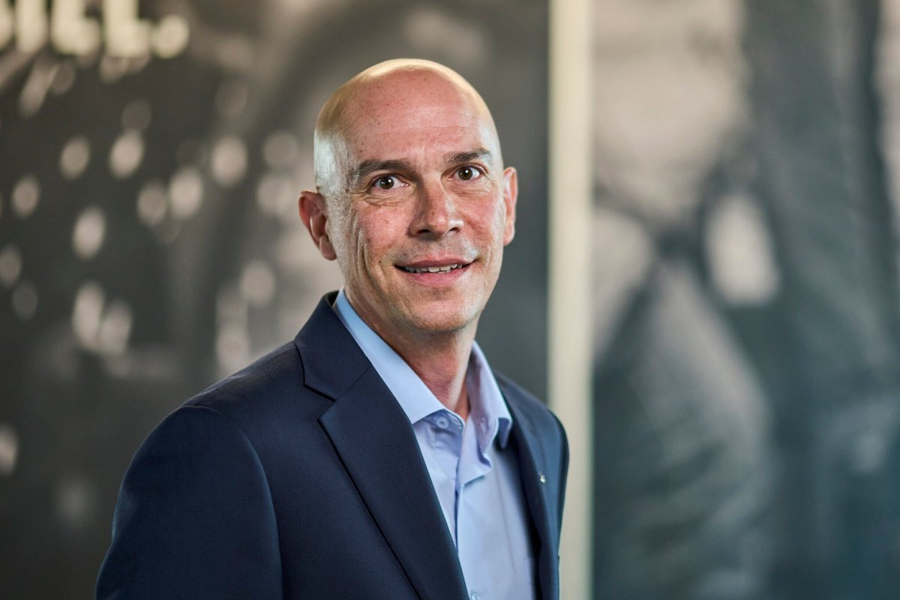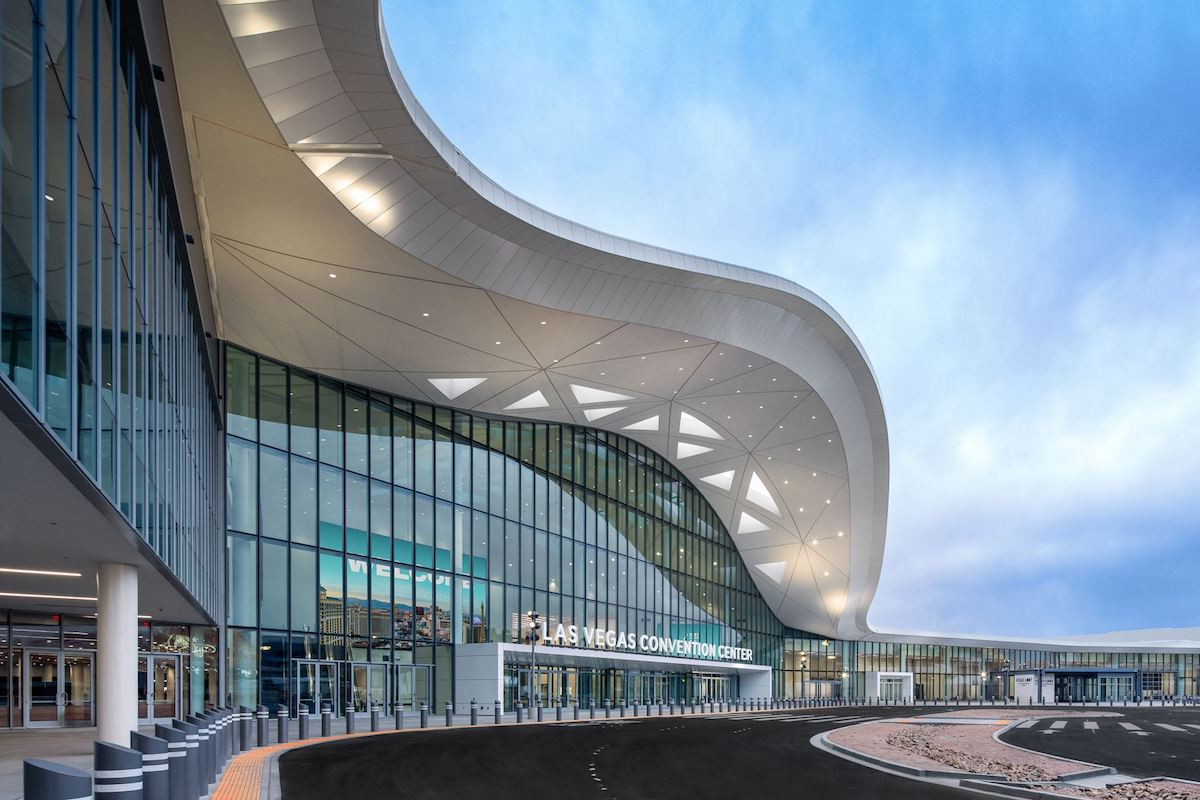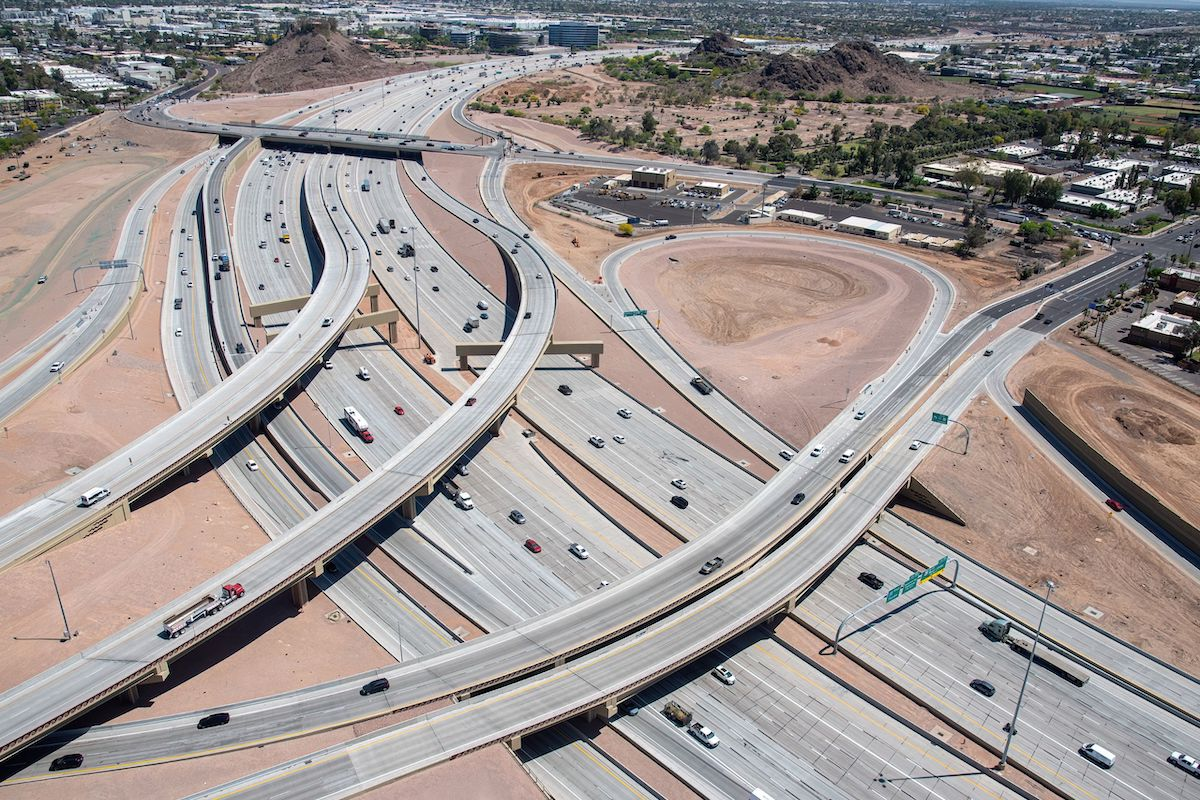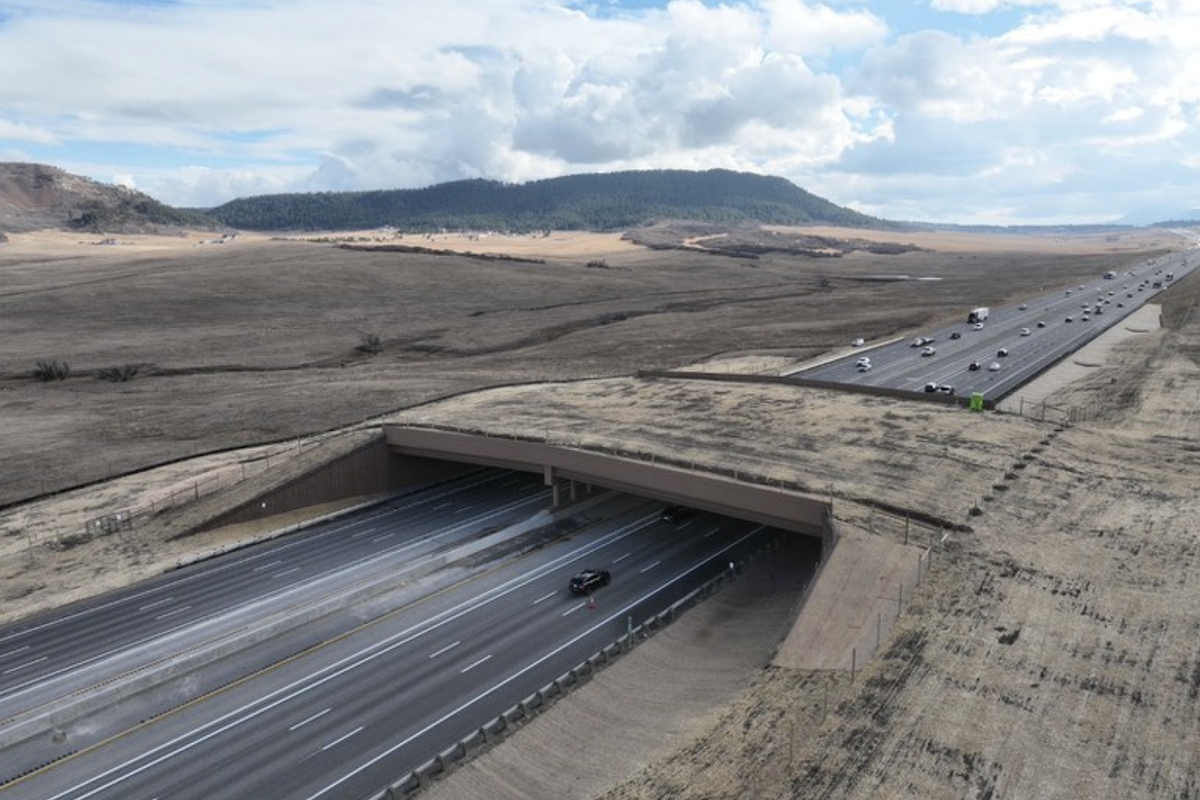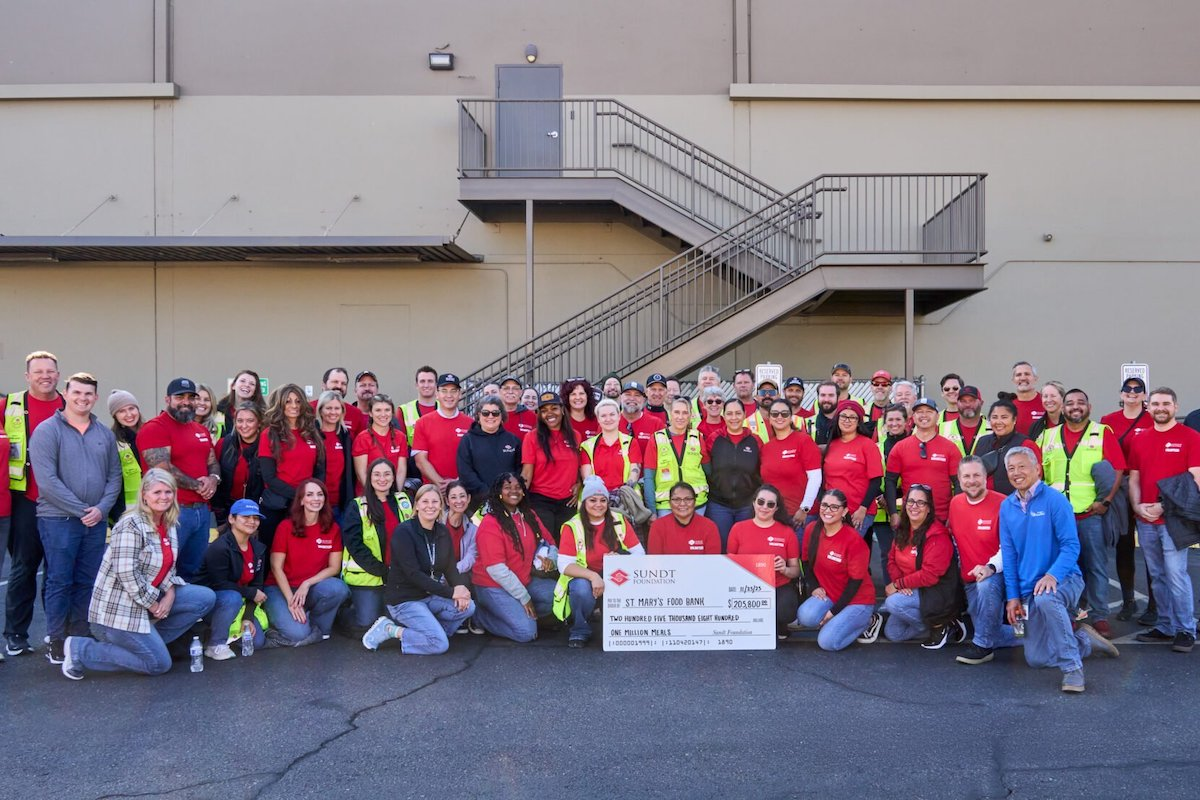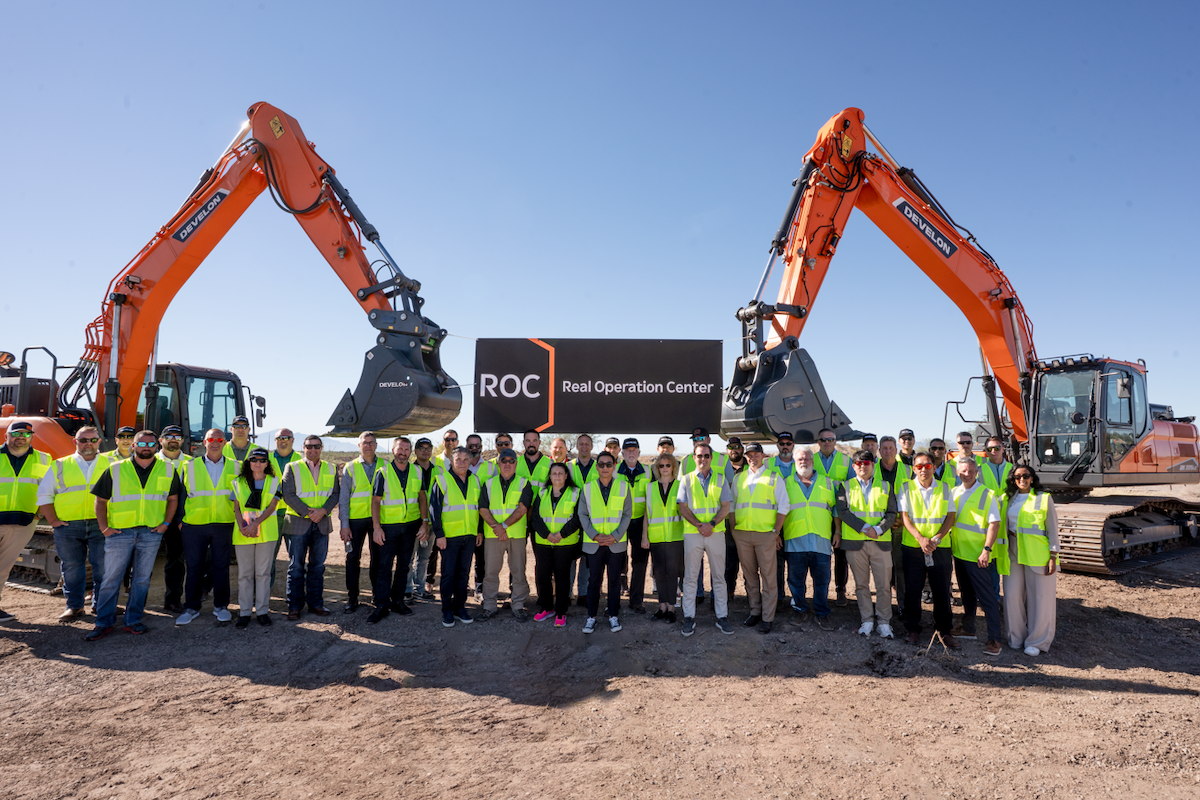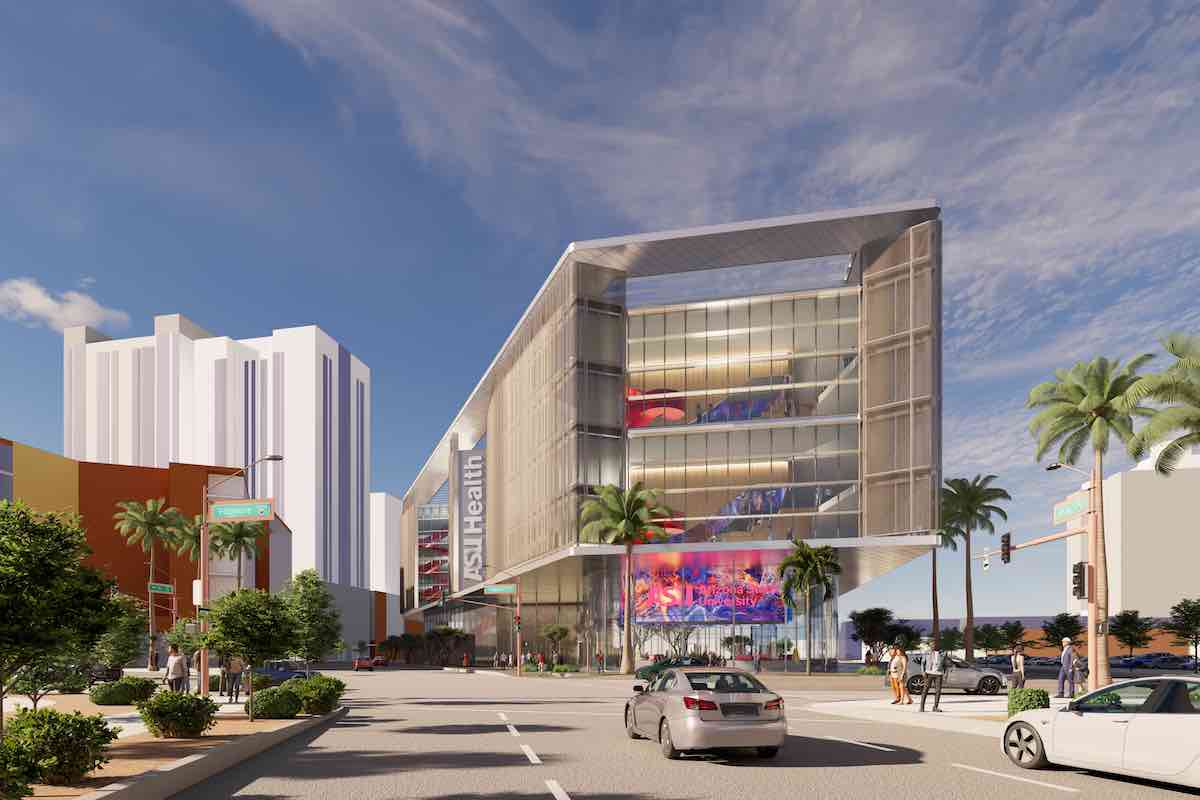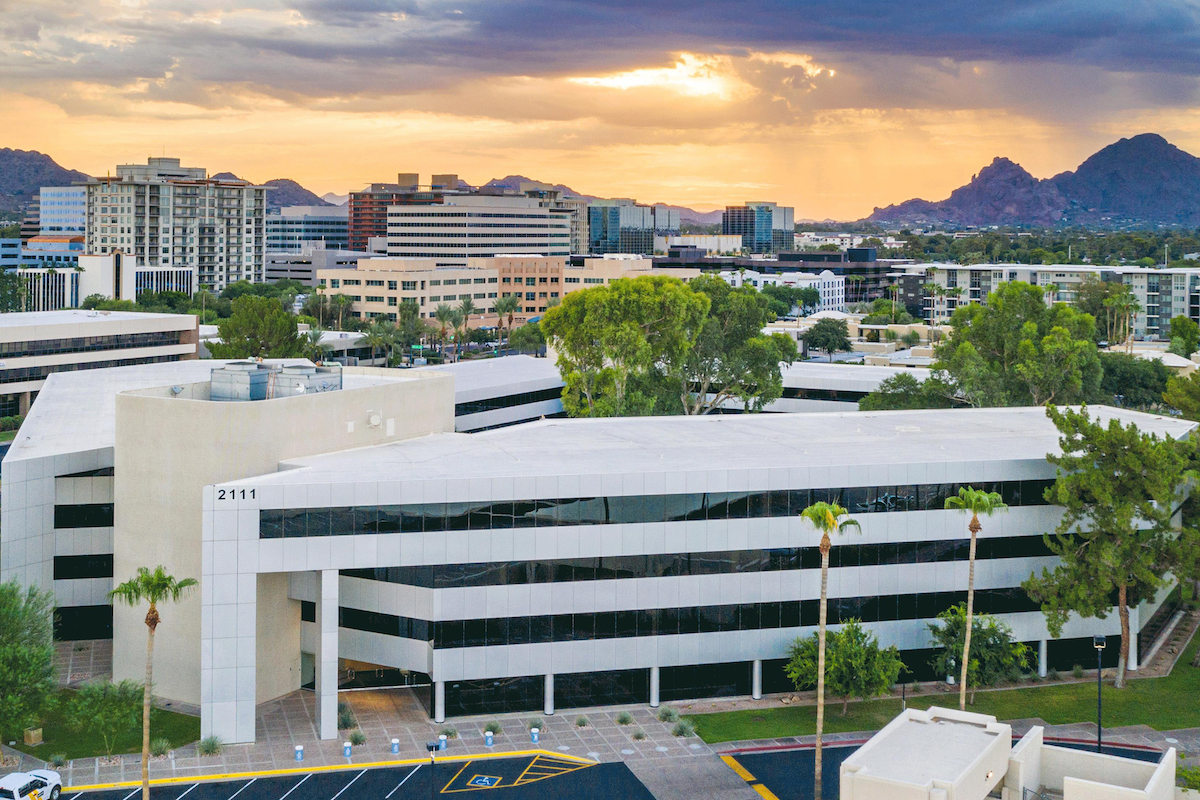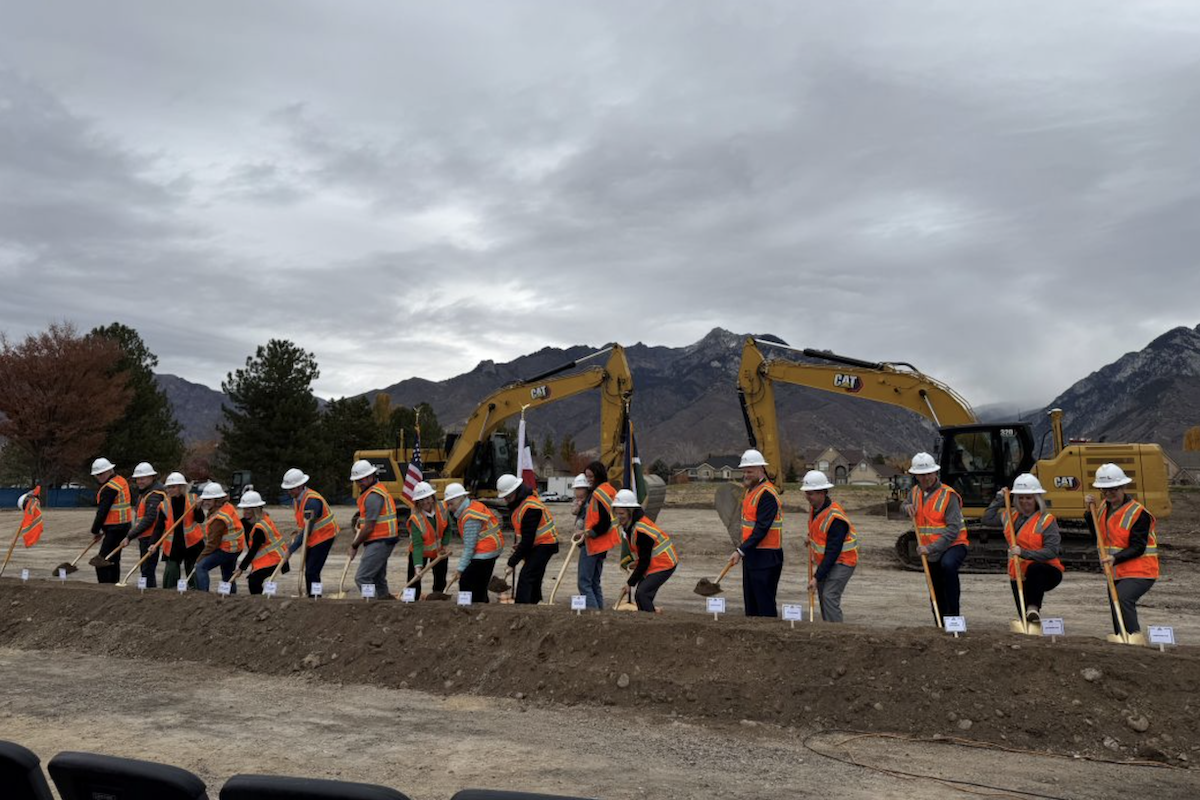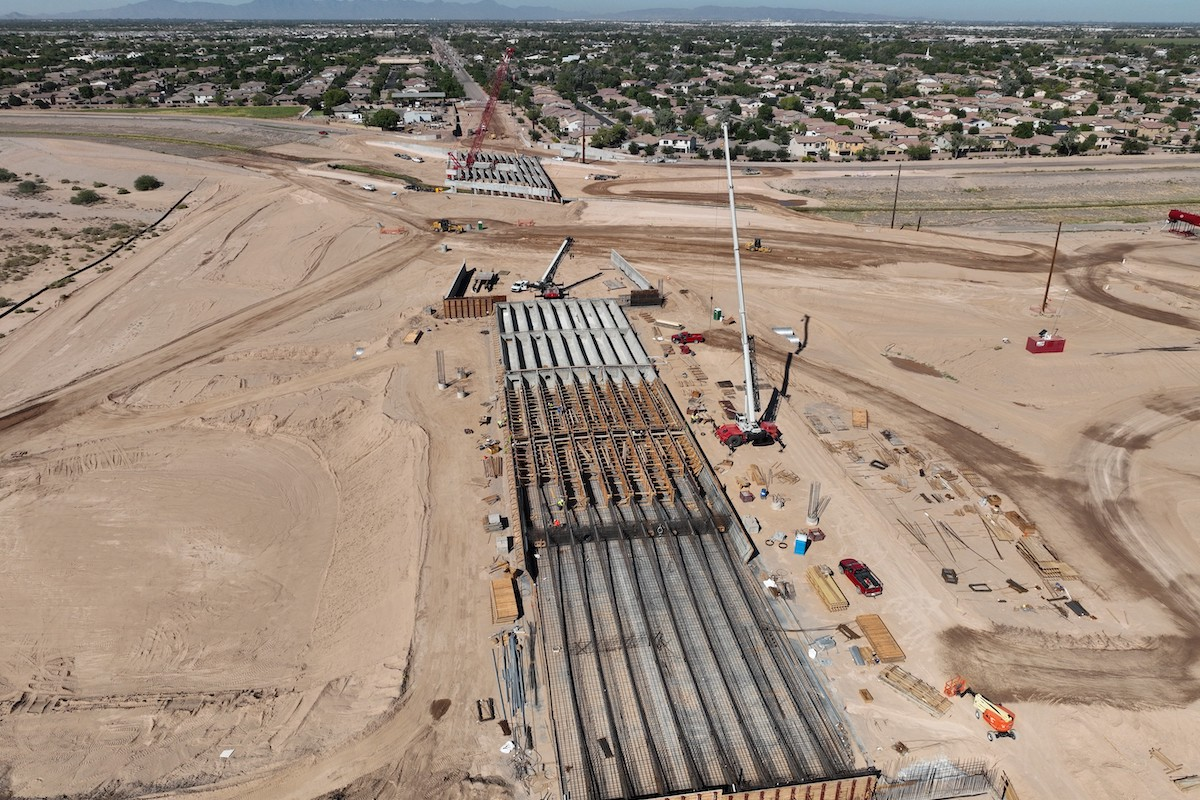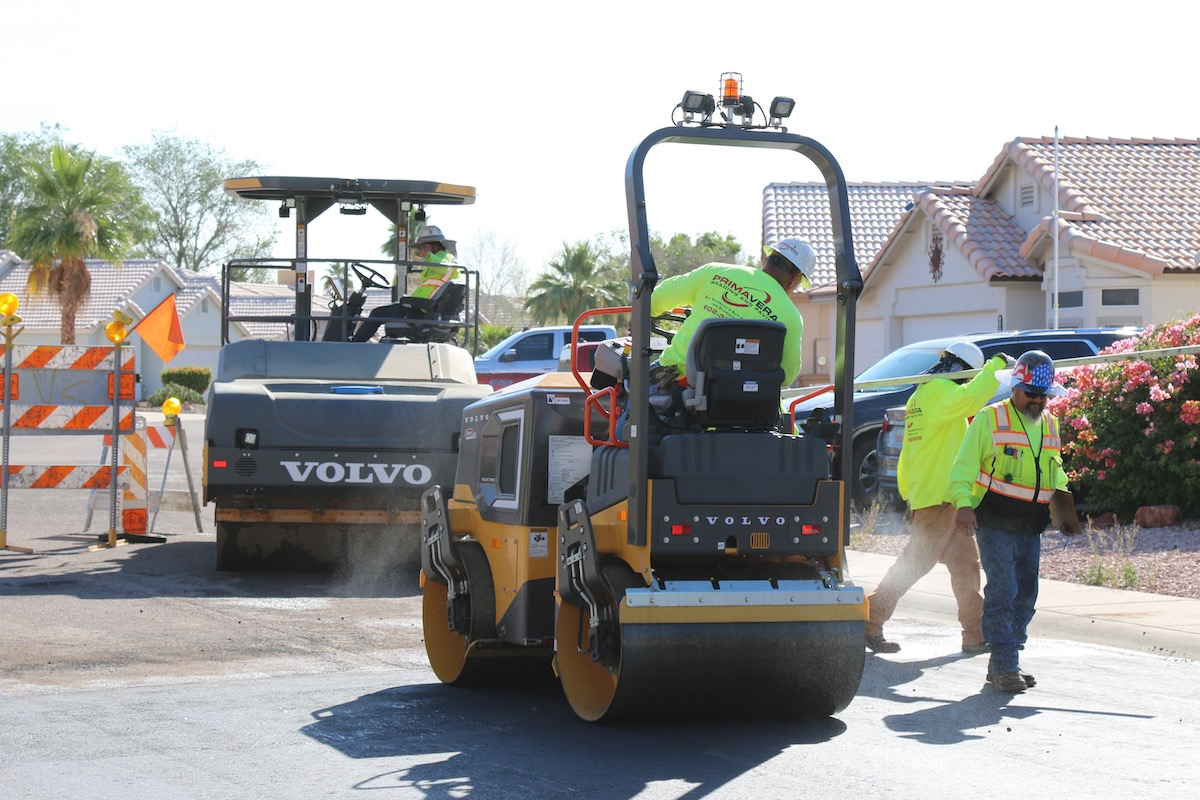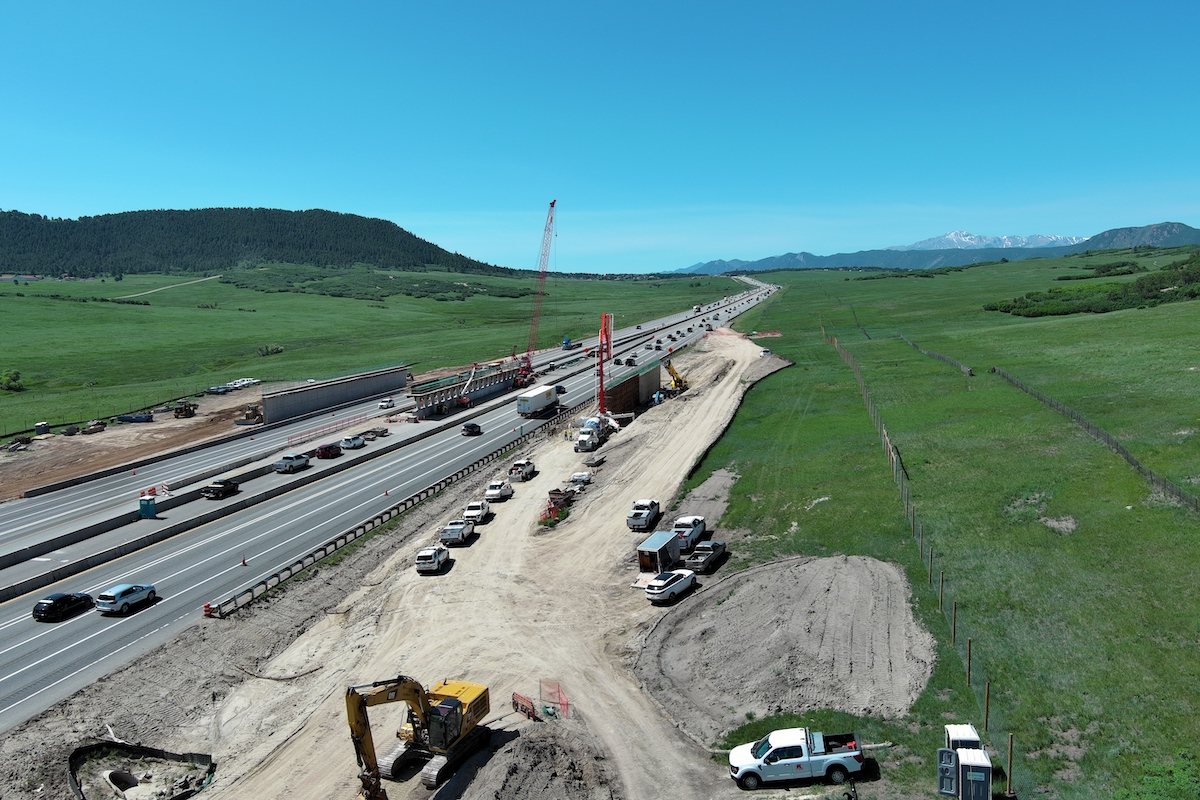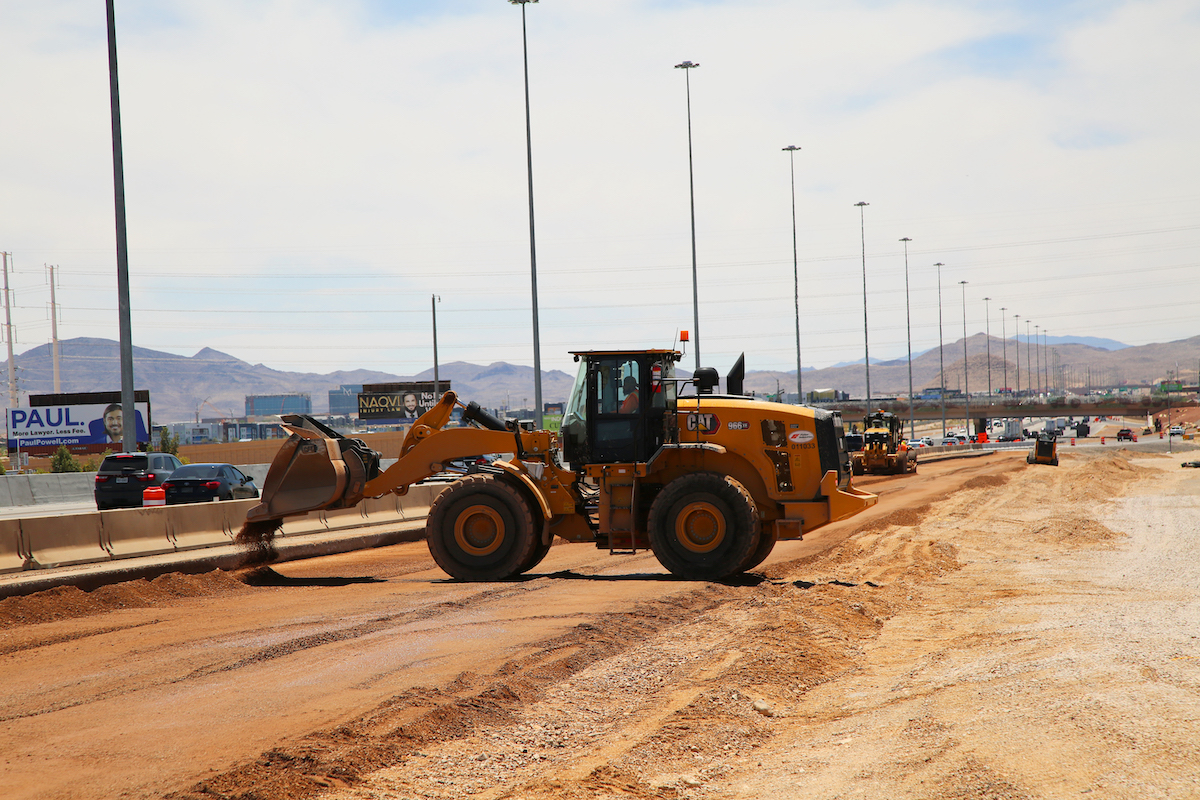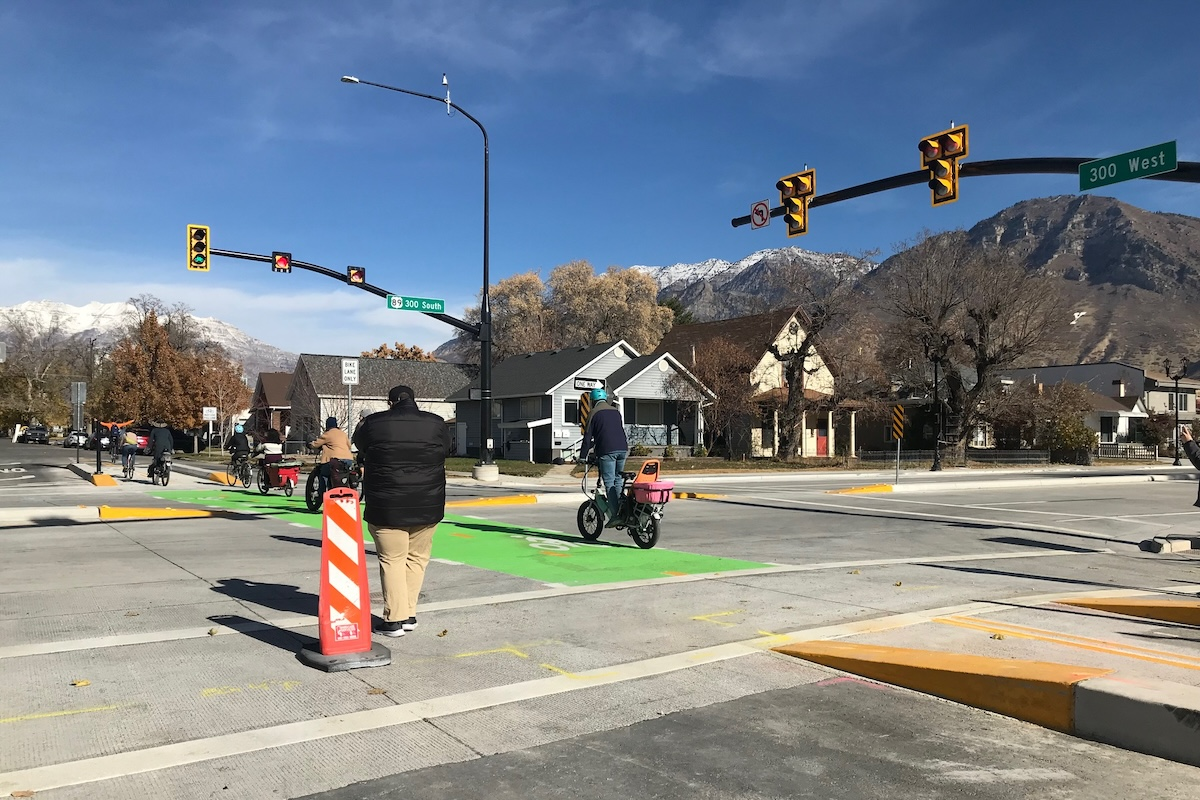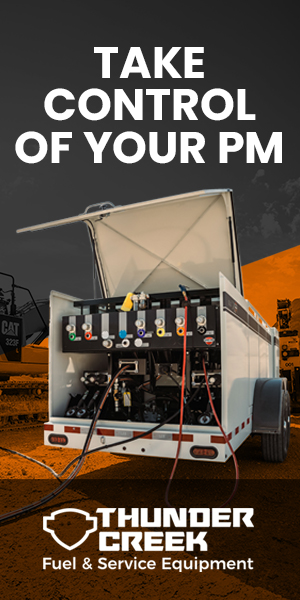According to the National Association of Home Builders, over 90 percent of new homes built in the United States today are wood-framed. These homes will be incapable of withstanding a tornado or hurricane, yet they are still being built directly in the path of storms. Even residential and commercial buildings constructed in some of the riskiest areas of the U.S. for earthquakes may contain design flaws that make them susceptible to damage because they are built using a non-ductile concrete method, which experts say have an inadequate configuration of steel reinforcing bars making the building vulnerable when shaken. While this method of building was banned, older structures have not been required to be retrofitted to improve safety and structural integrity.
The advantages of building with EPS wire mesh panels are extensive and start with manufacturing. Unlike wood or steel that are either not recyclable at all or only partially recycled, every scrap of polystyrene cut when shaping panels during manufacturing can be recycled and are harvested to reuse in the making of another panel.
Additionally, less CO2 emissions are created during the manufacturing of EPS wire mesh panels compared to other building materials, and the EPS wire mesh panels reduce CO2 emissions over the lifespan of the building as well. Constructing a building using EPS wire mesh panels is also faster and less expensive when compared to other building materials and methods.
Because the EPS wire mesh panels are coated on all sides with concrete, there is nothing to burn in a wildfire or house fire. While finishing surfaces like roofing materials, siding, drywall, or windows might still be damaged in a fire, the structure of the building will remain intact. If timber structures are damaged in a storm or wildfire, once debris is cleared, if the building slab retains its structural integrity, EPS wire mesh panels can be used to rebuild faster and stronger.
For commercial buildings, EPS wire mesh panels offer additional security. The panels are both bulletproof and blast resistant. This makes them an ideal building option for schools, hospitals, banks, and other commercial buildings where safety is a top priority and threats of gun or other forms of violence are higher risk.
In 2022 alone, the U.S. was impacted by 18 weather/climate disaster events that caused losses exceeding $1 billion each including flooding, severe storms, hurricanes, and wildfire. Between 2016 and 2022 there have been 122 separate weather/climate events with a total cost of more than $1 trillion in damages. These mega events were devastating, and the magnitude of the damage is even greater when smaller events are factored into the equation.
The impact of weather and climate events cannot be measured in losses alone. According to data from the Census Bureau, in 2022 there were 3.4 million people who were forced out of their homes by hurricanes, wildfires, and other weather-related events. Of those people who were displaced, 16 percent have not returned home and may never, 12 percent were displaced for six months or more, and 40 percent were able to return home within a week. The Census Bureau data also revealed that people who were unable to return to their homes experienced hardships including lack of housing, food, water, sanitation and childcare, and that people with incomes below the poverty line, minorities, and LGBTQIA+ were disproportionately impacted.
Continuing to build structures from timber and other traditional building methods simply because it is the way things have always been done not only puts lives at risk it also wastes time, money, and valuable resources. People living in areas prone to disasters deserve to be able to live and work in buildings that can withstand strong storms, fires, and other destructive forces. A better building solution exists. More needs to be done to ensure it is being implemented, especially in areas at the highest risk for damage and loss.















